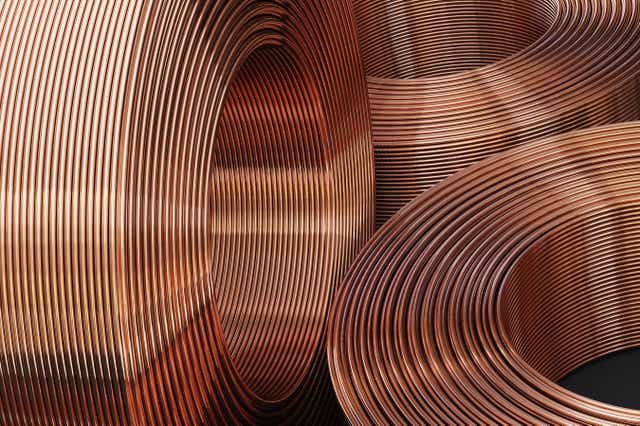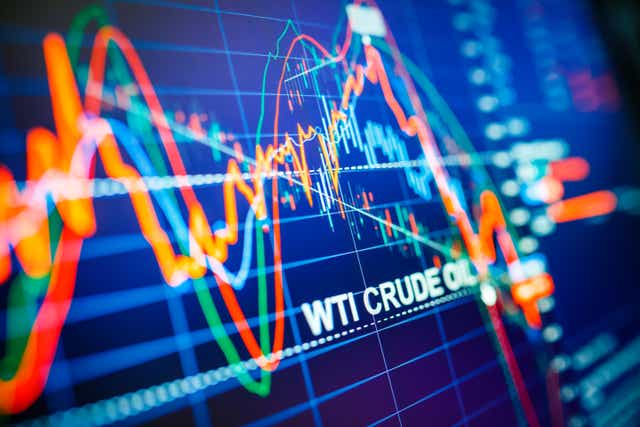Mark Widmar, the CEO of First Solar, recently shared his concerns with the Financial Times about the challenges American companies face in developing their own domestic solar industry due to China's interference. Widmar's statements reflect his previous testimony before a Senate committee, where he emphasized the risk of the U.S. becoming overly dependent on China's Belt and Road Initiative. The abundance of Chinese-made solar panels in the U.S.
market has caused prices to plummet, prompting power companies to opt for more affordable imports over pricier American-made options. Consequently, manufacturers in North America are downsizing their expansion initiatives despite the incentives offered by the Inflation Reduction Act. First Solar and other manufacturers are pushing for stricter enforcement of tariffs, such as eliminating exemptions for specific types of solar panels and lifting the moratorium on duties for imports from Southeast Asia.
Experts in the industry, like Pol Lezcano from BloombergNEF, acknowledge that while the subsidies from the IRA are significant, they may not be adequate to compete with the influx of inexpensive imports.
Anticipating cancellations and delays in solar manufacturing commitments, which have amounted to 115 GW since President Biden's signing of climate legislation, many are concerned about the future of the solar industry.
Although First Solar is hopeful about the IRA's prospects under a Republican administration, the company is wary of the possible consequences of losing subsidies and facing weakened tariffs, similar to the challenges experienced by domestic suppliers in Europe due to the dominance of Chinese panels in the market.








 English (US)
English (US)